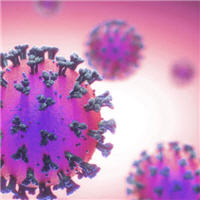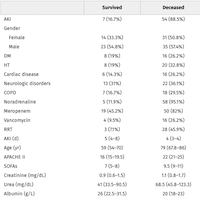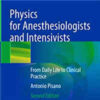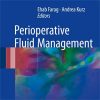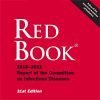Intravenous Vitamin C for COVID-19 Patients
jamanetwork.com
In hospitalized patients with COVID-19, vitamin C had low probability of improving the primary composite outcome of organ support–free days and hospital survival.
Enrollment was terminated after statistical triggers for harm and futility were met.
The trials had primary outcome data for 1568 critically ill patients (1037 in the vitamin C group and 531 in the control group; median age, 60 years [IQR, 50-70 years]; 35.9% were female) and 1022 patients who were not critically ill (456 in the vitamin C group and 566 in the control group; median age, 62 years [IQR, 51-72 years]; 39.6% were female).
Among critically ill patients, the median number of organ support–free days was 7 (IQR, −1 to 17 days) for the vitamin C group vs 10 (IQR, −1 to 17 days) for the control group (adjusted proportional OR, 0.88 [95% credible interval {CrI}, 0.73 to 1.06]) and the posterior probabilities were 8.6% (efficacy), 91.4% (harm), and 99.9% (futility).
Among patients who were not critically ill, the median number of organ support–free days was 22 (IQR, 18 to 22 days) for the vitamin C group vs 22 (IQR, 21 to 22 days) for the control group (adjusted proportional OR, 0.80 [95% CrI, 0.60 to 1.01]) and the posterior probabilities were 2.9% (efficacy), 97.1% (harm), and greater than 99.9% (futility).

